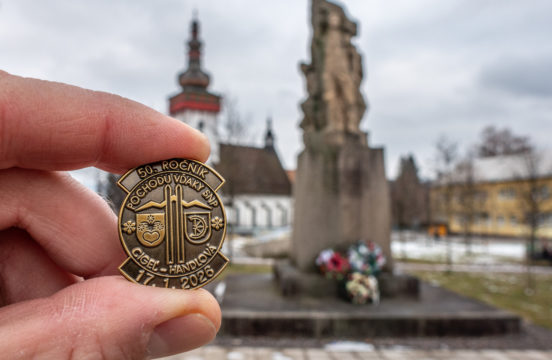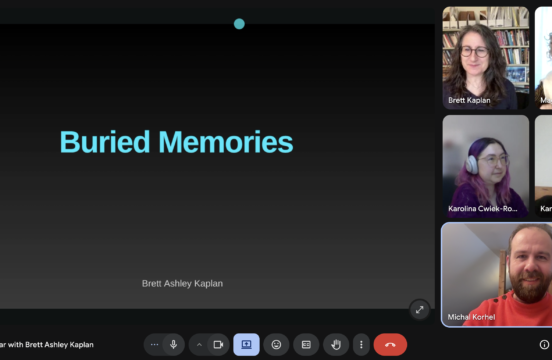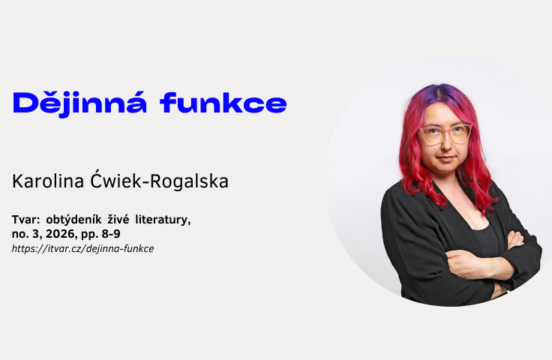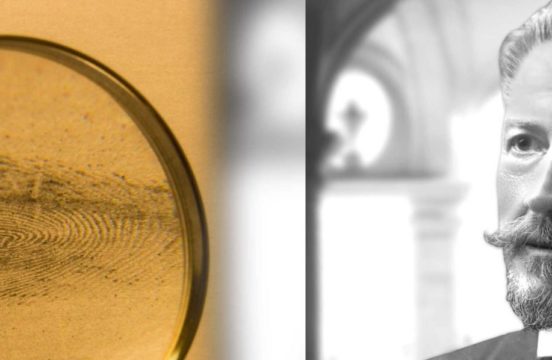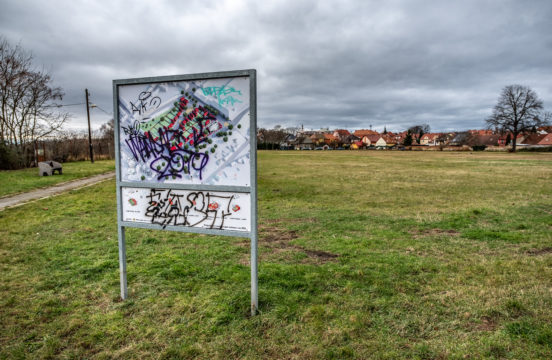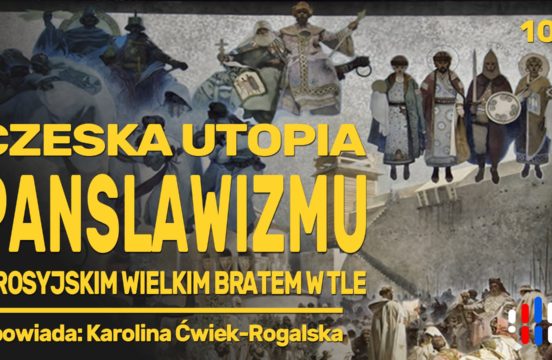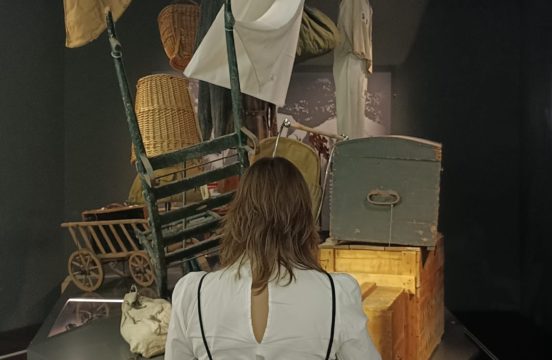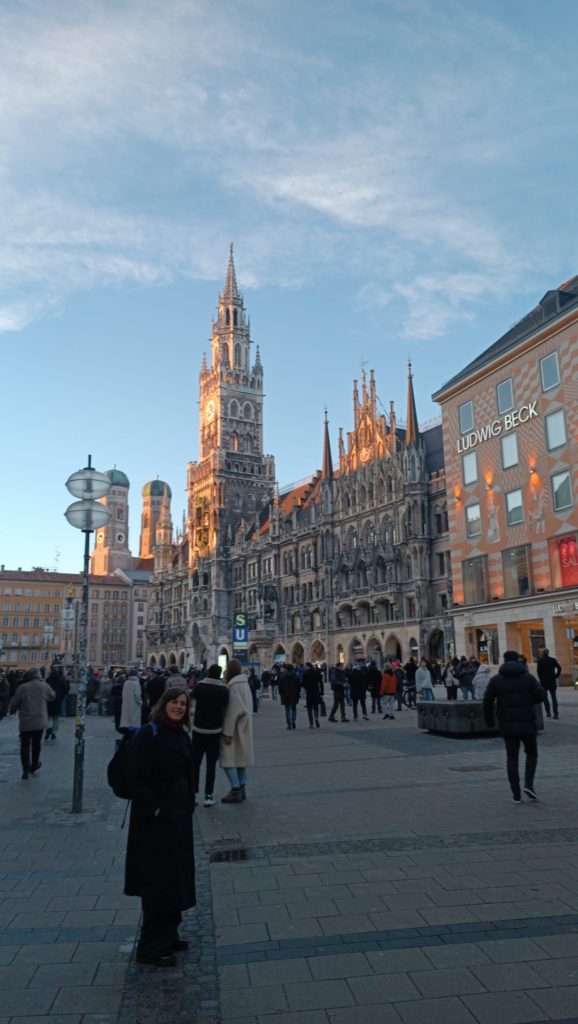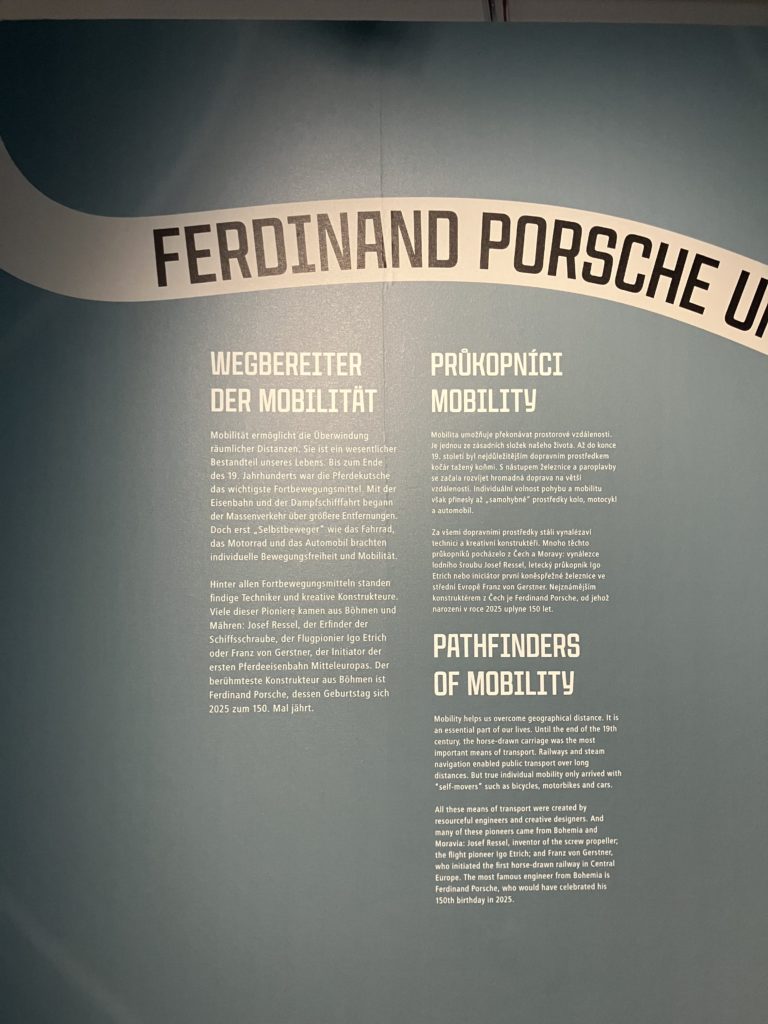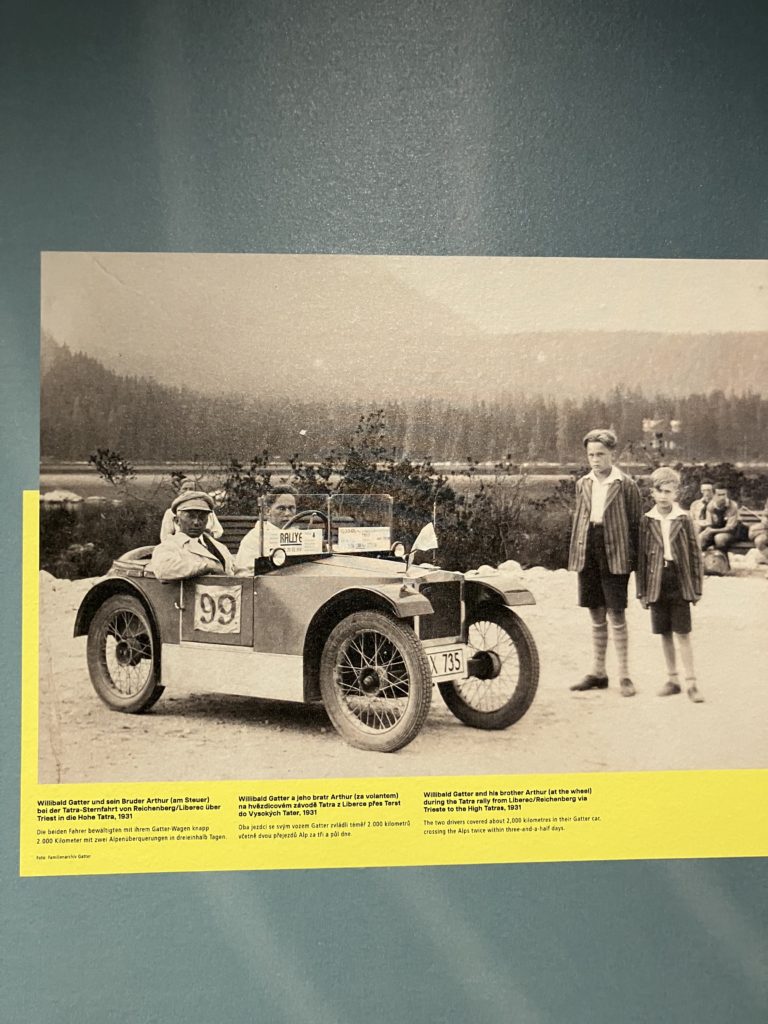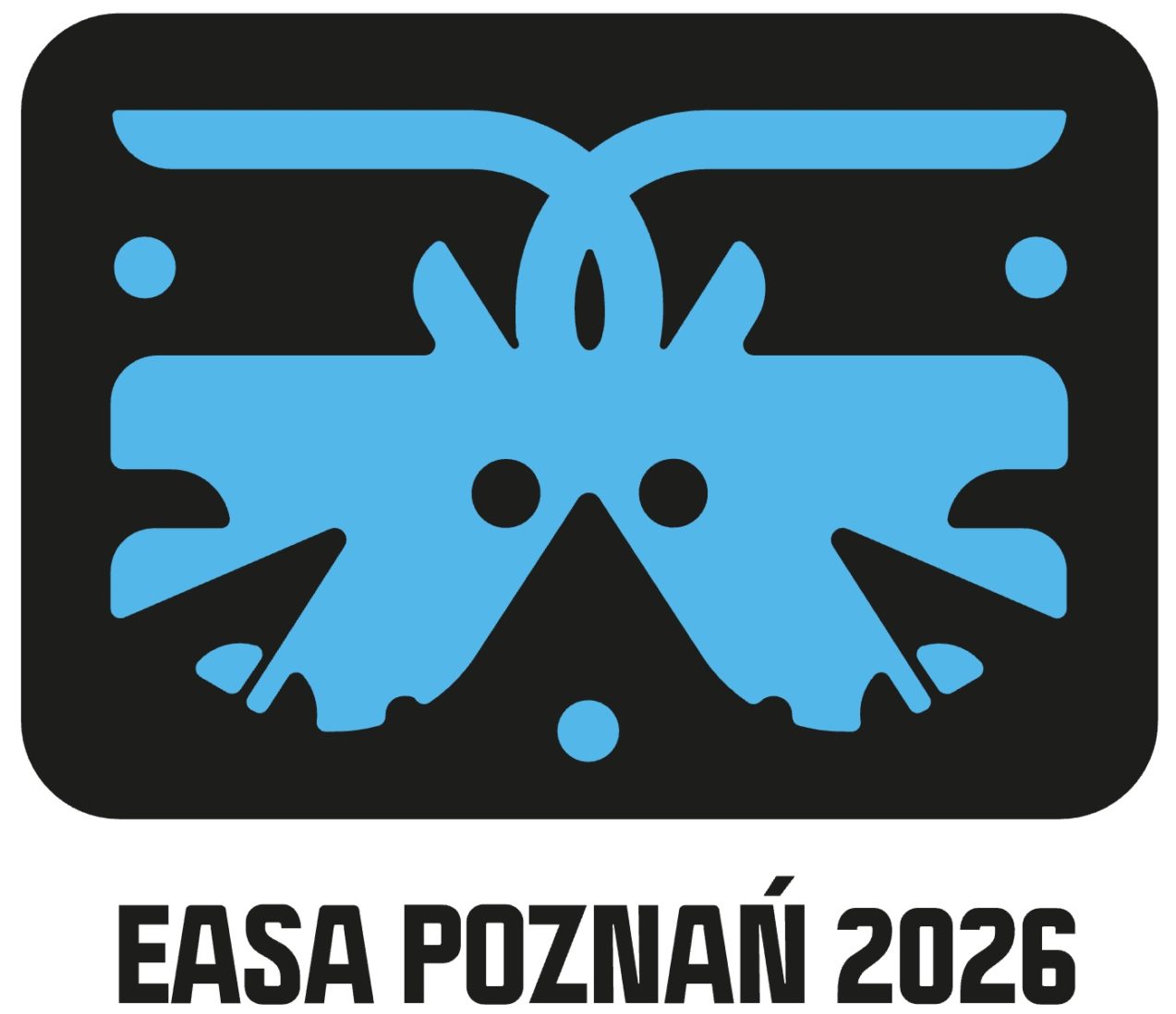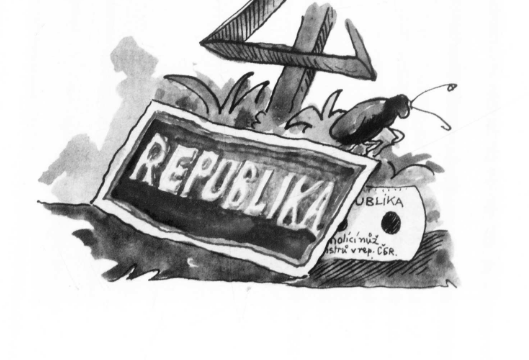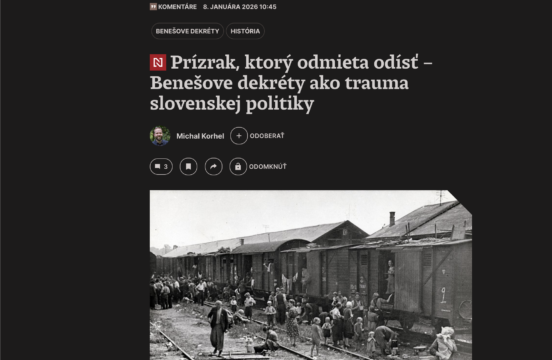In this blog post, Michal Korhel explores the March of Gratitude dedicated to the Slovak National Uprising (SNP) as a present-day form of commemoration that blends physical participation with mediated remembrance. Drawing on participant observation and informal conversations with attendees, he reflects on how walking through historically significant landscapes can foster a form of experiential memory. At the same time, this dimension of memory often remains subtle and unarticulated.
Michal points to a tension between immediate, lived experience and the symbolic frameworks that seek to give the event a clear commemorative meaning. He suggests that the significance of the march tends to emerge retrospectively, if it emerges at all, rather than being fully realized in the moment of participation.
Link to the blog post you can find here.

